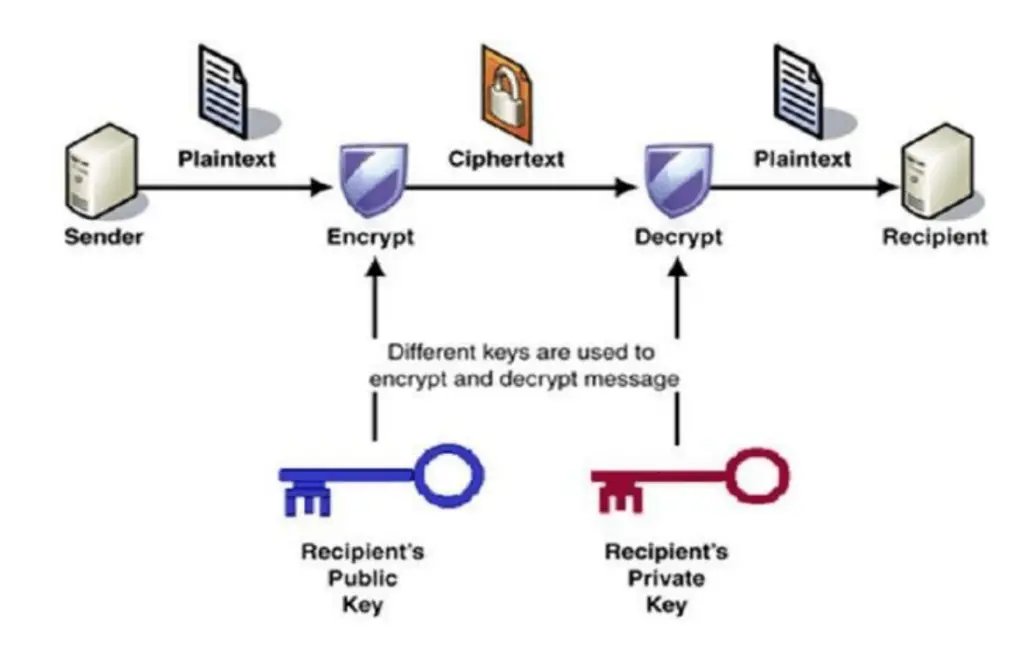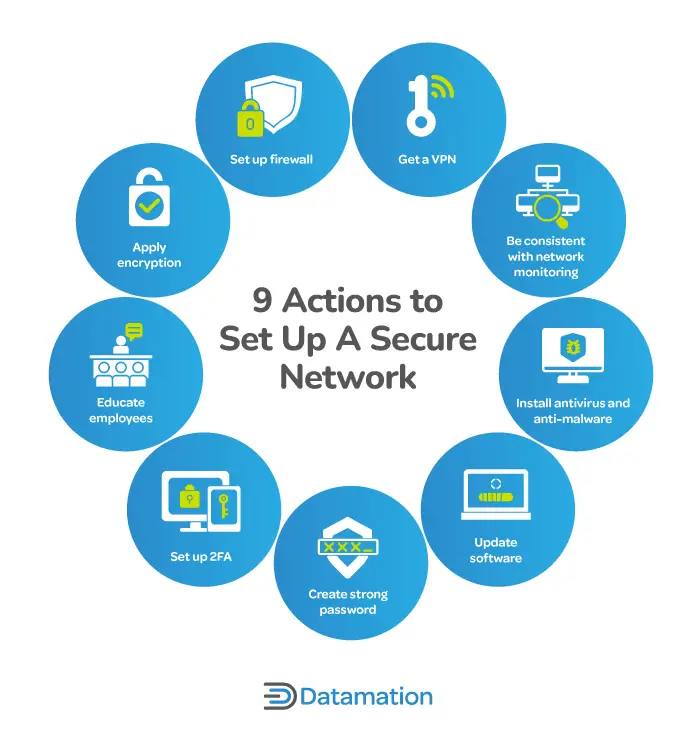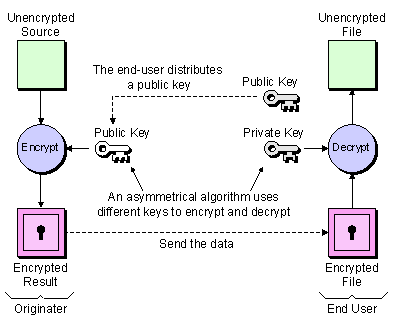Have you ever wondered how preppers ensure secure communications during emergencies or times of crisis? Encryption plays a crucial role in protecting sensitive information and ensuring that messages remain confidential. Let’s delve into the role of encryption in securing prepper communications.
What is Encryption?
Encryption is a method of converting information or data into a code to prevent unauthorized access. It involves using algorithms to scramble plaintext into ciphertext, making it unreadable to anyone who does not have the decryption key. This technology ensures that only authorized parties can read the information, providing confidentiality and security.
Imagine sending a message in a locked box to someone across a crowded room. Encryption is like putting that message inside the locked box, ensuring that only the intended recipient can access and read it.
Why is Encryption Important for Preppers?
Preppers, individuals who actively prepare for emergencies or disruptions in society, rely on secure communication methods to protect their sensitive information. During a crisis situation, such as a natural disaster or social unrest, preppers need to exchange critical information without the risk of interception or surveillance by unauthorized parties. Encryption plays a vital role in safeguarding their communications and ensuring that their plans remain confidential.
Think of encryption as adding an extra layer of security to your communication channels. It acts as a virtual lock on your messages, protecting them from prying eyes and hackers who may try to intercept or decipher your information.

Types of Encryption Used by Preppers
Preppers employ a variety of encryption methods to secure their communications, ranging from basic to advanced techniques. Let’s explore some of the common types of encryption used by preppers:
1. Symmetric Encryption
Symmetric encryption uses a single key to both encrypt and decrypt information. This key must be securely shared between the sender and receiver before communication can take place. While symmetric encryption is efficient and quick, it requires a secure method of key exchange to prevent interception by malicious actors.
2. Asymmetric Encryption
Asymmetric encryption, also known as public-key encryption, uses a pair of keys: a public key and a private key. The public key is shared openly, allowing anyone to encrypt messages, while the private key is kept secret and used for decryption. This method eliminates the need for a secure key exchange, making it ideal for secure communication over untrusted networks.
3. End-to-End Encryption
End-to-end encryption ensures that data is encrypted on the sender’s device and only decrypted on the recipient’s device. This method protects information from interception during transit or storage on intermediary servers, providing complete confidentiality for prepper communications.
4. Quantum Encryption
Quantum encryption utilizes the principles of quantum mechanics to create unbreakable encryption keys. By leveraging quantum properties such as entanglement and superposition, quantum encryption offers unparalleled security against traditional decryption methods. While still in the experimental stage, quantum encryption holds the potential to revolutionize secure communication for preppers in the future.
Best Practices for Implementing Encryption in Prepper Communications
To effectively secure their communications, preppers should follow best practices for implementing encryption. Here are some key guidelines to consider when choosing and using encryption tools:
1. Use Strong Encryption Algorithms
Select encryption algorithms that are widely recognized for their security and resistance to cryptographic attacks. Popular choices include Advanced Encryption Standard (AES), RSA, and Elliptic Curve Cryptography (ECC), which offer strong protection for prepper communications.
2. Keep Encryption Keys Secure
Safeguard your encryption keys against loss or theft by storing them in secure locations or using hardware security modules (HSMs). Avoid sharing keys over insecure channels and periodically rotate or update keys to prevent unauthorized access to sensitive information.
3. Implement Multi-Factor Authentication
Enhance the security of your encrypted communications by implementing multi-factor authentication (MFA). Require users to provide additional verification, such as a one-time passcode or biometric authentication, to access encrypted messages and services.
4. Regularly Update Encryption Software
Stay up-to-date with the latest encryption technologies and software updates to address vulnerabilities and security flaws. Regularly patch and maintain encryption tools to protect against emerging threats and ensure the integrity of your communication channels.
5. Educate Users on Encryption Best Practices
Train preppers and users on the importance of encryption best practices, such as secure key management, password hygiene, and data protection. Encourage awareness of encryption protocols and procedures to promote a culture of security within your prepping community.

Popular Encryption Tools and Platforms for Preppers
Preppers have access to a wide range of encryption tools and platforms to secure their communications and protect sensitive information. Here are some popular choices used by preppers for encryption:
1. Signal
Signal is a secure messaging app that offers end-to-end encryption for text messages, voice calls, and video calls. Known for its privacy-focused features and open-source code, Signal is a popular choice among preppers for secure communication during emergencies.
2. ProtonMail
ProtonMail is an encrypted email service that prioritizes user privacy and security. With features such as end-to-end encryption, zero-access encryption, and anonymous sign-up, ProtonMail provides a secure platform for preppers to exchange confidential emails without compromising their data.
3. VeraCrypt
VeraCrypt is a powerful encryption tool that allows users to create encrypted containers for storing sensitive files and data. With support for various encryption algorithms and multi-platform compatibility, VeraCrypt enables preppers to protect their information across different devices and operating systems.
4. OpenPGP
OpenPGP (Pretty Good Privacy) is a widely used encryption standard for securing email communications. By generating public and private keys for digital signatures and message encryption, OpenPGP offers preppers a robust solution for protecting their email correspondence from unauthorized access.
5. NordVPN
NordVPN is a virtual private network (VPN) service that encrypts internet traffic and hides users’ IP addresses to protect their online activities. By routing communication through secure servers and using advanced encryption protocols, NordVPN offers preppers anonymity and security while browsing the web and accessing online resources.
Challenges and Considerations for Using Encryption in Prepper Communications
While encryption provides essential security benefits for preppers, there are challenges and considerations that must be addressed when implementing encryption for communication purposes. Let’s explore some of the common challenges preppers may face when using encryption:
1. Key Management Complexity
Managing encryption keys can be a complex and challenging task, especially when dealing with multiple devices, users, and communication channels. Preppers must establish clear key management protocols and procedures to ensure secure and efficient key exchange and storage.
2. Compatibility and Interoperability
Ensuring compatibility and interoperability between encryption tools and platforms can be a significant challenge for preppers seeking to communicate securely with others. It is essential to choose encryption solutions that support standard protocols and formats to facilitate seamless communication with diverse stakeholders.
3. Performance and Speed
Encryption can introduce overhead and latency into communication channels, affecting the performance and speed of data transmission. Preppers must balance security requirements with operational efficiency to maintain reliable and effective communication during emergencies or crisis situations.
4. Regulatory Compliance
Complying with legal and regulatory requirements related to encryption practices can be a concern for preppers operating in different jurisdictions. It is essential to understand and adhere to relevant laws and policies governing encryption usage to avoid potential conflicts or penalties for non-compliance.
5. Training and Awareness
Educating preppers and users on encryption technologies and best practices is essential for maintaining a secure communication environment. Regular training, awareness campaigns, and simulated exercises can help reinforce encryption protocols and ensure that users understand the importance of protecting their sensitive information.

Conclusion
Encryption plays a critical role in securing prepper communications and protecting sensitive information during emergencies or times of crisis. By using robust encryption algorithms, implementing best practices, and leveraging encryption tools and platforms, preppers can safeguard their communications and maintain confidentiality in a secure environment.
Whether you are a seasoned prepper or new to the concept of emergency preparedness, understanding the role of encryption in securing communications is paramount to maintaining operational security and resilience. By incorporating encryption into your prepping strategies and communication protocols, you can enhance the confidentiality, integrity, and availability of your critical information assets.
Remember, when it comes to protecting sensitive information and ensuring secure communications, encryption is your virtual shield against potential threats and adversaries. Stay informed, stay secure, and stay connected with encrypted communications for your prepping needs.
